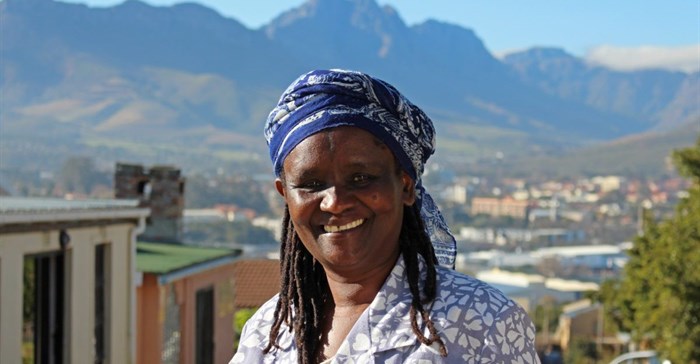It is part of Airbnb’s vision to spread the benefits of tourism, previously kept in the hands of a few, to the many. Airbnb now aims to enrol more communities across the region in the programme.

The programme consisted of ten modules and focused on everything from exploring how to list their home on Airbnb to managing online payments and creating a compelling guest experience. Since its launch, 15 residents - mostly women - from a number of townships across the Western Cape in South Africa have already participated.
The programme is open to everyone, including people who do not own their own homes, thanks to Airbnb’s co-hosting feature, which allows hosts to add co-hosts to their account such as family members or trusted friends to help with some of the hosting responsibilities. They can help with as much or as little as is needed, and can then split the Airbnb income.
The typical host on Airbnb in South Africa shares their home for 16 days a year and earns an additional R28,000 a year. Half of the hosts in South Africa use the income from hosting on Airbnb to help afford to stay in their homes.
Velma Corcoran, country manager South Africa at Airbnb said: “Airbnb is empowering people and communities that have not previously benefited from tourism. Through the Airbnb platform, people can finally gain access to the tourism industry, earn additional income and showcase the best of their community to guests from around the world.”
The Minister of Economic Opportunities in the Western Cape Government, Alan Winde, said: “Inclusive tourism expands access to the tourism sector, which employs over 200,000 people in the Western Cape. It is our goal to make sure that more residents are able to benefit from this growing sector. Platforms like Airbnb are enabling more people to participate in the tourism industry to earn additional income and, in turn, help support themselves, their families and their communities. The shared tourism economy also lets tourists learn and understand more about our people and our cultures.”
As well as gaining more knowledge about hospitality and technology, participants in the Airbnb pilot formed new relationships amongst each other. Maria Maile, a programme participant and host on Airbnb from Khayelitsha said: "Before the training, I didn't know many of the other women, who are now hosts on Airbnb. We were all interested, open-minded and loving. We've now formed our own community. We hold meetings once a week and decided to start a fund so we can travel to other group members if they need help. Our group is about helping each other and finding ways to motivate others from different communities."
Chris Lehane, Airbnb’s head of public policy and public affairs, will be in South Africa in October to share more on how Airbnb is boosting African economies and how everyone can continue working together to spread tourism benefits to local families and their communities.